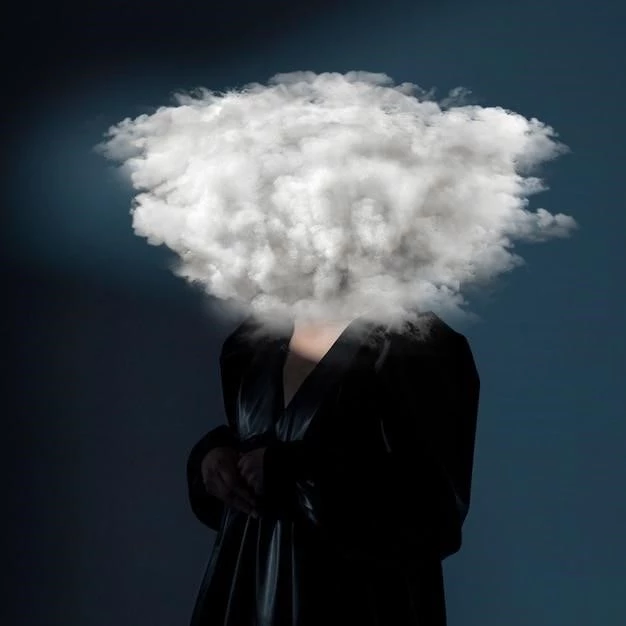Myths have captivated humanity for millennia. From the ancient Greeks’ tales of Olympian gods to the Norse sagas of valiant Vikings, these stories have served as more than mere entertainment. I’ve always been fascinated by how these fantastical narratives weave into the fabric of cultures, shaping beliefs and behaviors. This fascination led me deeper into the psychology behind why we, as humans, are so drawn to myths and why they continue to resonate with us today.
My Personal Encounter with the Power of Myths
My own journey began with a childhood fascination with Greek mythology. I remember poring over the myths of Zeus, Hera, Poseidon, and the rest of the pantheon. Their stories, filled with love, betrayal, heroism, and vengeance, seemed to mirror the complexities of the human experience.
As I grew older and began studying psychology, I realized that this childhood fascination held deeper meaning. It wasn’t just the fantastical elements that drew me in; it was the way these stories tapped into something primal, something inherent to the human psyche.

Myths as Psychological Mirrors
One of the most compelling psychological explanations for our enduring fascination with myths comes from the work of Swiss psychiatrist Carl Jung. He introduced the concept of archetypes – universal, unconscious patterns and images that are part of the collective unconscious, a reservoir of experiences shared by all humanity.
Jung argued that myths are expressions of these archetypes. The hero, the trickster, the mother figure – these recurring characters embody fundamental human experiences and motivations. When I read about Odysseus’s perilous journey home or the trials of Heracles, I saw reflections of my own struggles, desires, and fears. These myths, despite their fantastical elements, offered a framework for understanding the human condition;
Myths as Coping Mechanisms: Finding Meaning in Chaos
Myths also offer a way to cope with the complexities and uncertainties of life; They provide explanations for natural phenomena, social structures, and human emotions, offering a sense of order in a chaotic world.
I recently read about the Norse myth of Ragnarok, a cataclysmic event that brings about the end of the world and the gods themselves; While seemingly bleak, this myth also speaks to themes of renewal and rebirth. The world may end, but from the ashes, a new world emerges. This cyclical view of existence, found in many mythologies, can be a source of comfort, reminding us that even in the face of destruction, there is hope for a new beginning.
Myths as Social Glue: Binding Communities Together
Myths also play a crucial role in shaping and reinforcing social norms. They often present moral dilemmas and their consequences, illustrating acceptable and unacceptable behaviors.
For example, the Greek myth of King Midas and his golden touch serves as a cautionary tale about the dangers of greed. Midas’s wish for everything he touched to turn to gold initially seems like a blessing, but it quickly becomes a curse, isolating him from his loved ones and causing him immense suffering. This myth underscores the importance of moderation and the dangers of unchecked desire, reflecting societal values that were relevant in ancient Greece and remain relevant today.

The Enduring Power of Myths in the Modern World
While we live in a world increasingly driven by science and reason, myths haven’t lost their power. They continue to influence our art, literature, films, and even our daily conversations. From superhero movies that echo ancient myths of gods and monsters to political rhetoric that draws on historical narratives, we are constantly surrounded by modern-day myths.
Myths provide us with a shared language, a way to connect with each other on a deeper level. They remind us of our shared humanity, our struggles, our triumphs, and our potential for both great good and great evil.
Conclusion: Embracing the Mythic Within
As I continue to explore the psychology behind belief in myths, I am constantly struck by their enduring power and relevance. They are not just relics of the past; they are living narratives that continue to shape our understanding of ourselves and the world around us. By embracing the mythic within, we open ourselves up to a richer understanding of the human experience.










